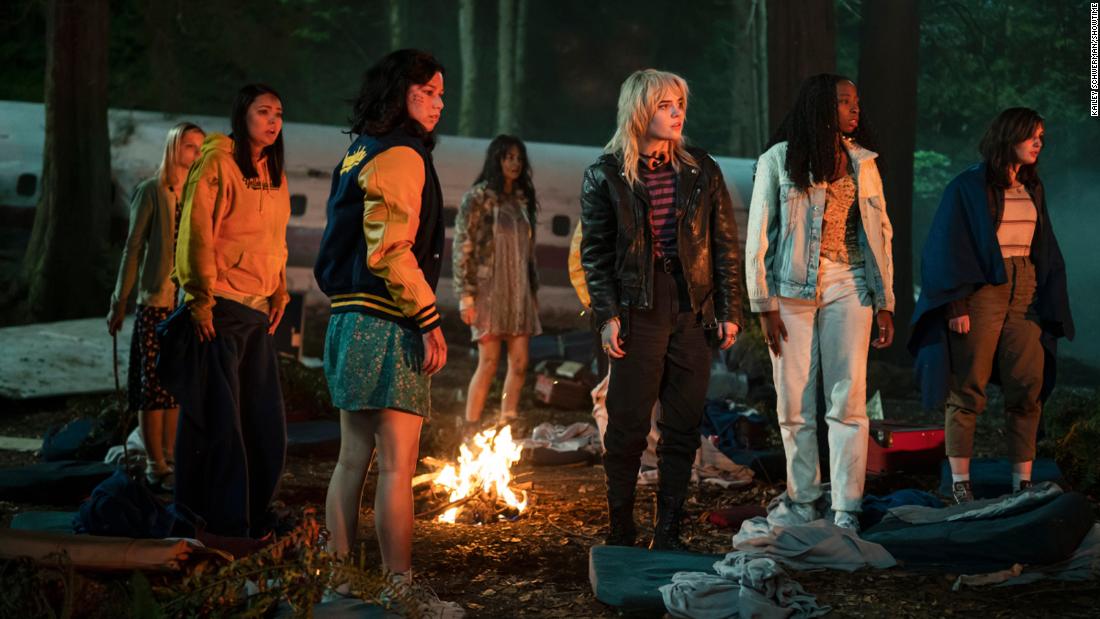(CNN)American actress Alyson Stoner has revealed she underwent conversion therapy while coming to terms with her sexuality, saying the experience left her with "emotional scars" and adding: "I know firsthand how dangerous it is."
Stoner, who rose to fame as a child actress and is best known for roles in the "Cheaper by the Dozen" and "Camp Rock" franchises, told Insider that she felt "wretched" while growing up in a religious environment.
"I felt stuck. I felt wretched. I felt like everything was wrong with me, even though I, in my heart of hearts, only desired to be a devoted follower of God," Stoner said.
"To hear from people you trust, from people you respect, from people you might even aspire to become, that you at your core are 'rotten,' 'abominable,' that the devil has a target on your back because of your position in Hollywood... It just sends you into a spiral, at least for me, because I just wanted to do the right thing."
Stoner, 27, who identifies as pansexual, said she admitted herself to an "outpatient variation" of conversion therapy.
The so-called therapy is a pseudoscientific practice that assumes sexual orientation can be changed or "cured" -- an idea debunked by studies and discredited by major medical associations in the United States, the United Kingdom and elsewhere.
Stoner, who grew up in Ohio, said she has trouble recounting the experience. "My mind doesn't want to even go there. My legs started shaking at the thought of reliving some of it. I know firsthand how dangerous it is for me as someone who had access to therapy and other forms of support. And I still was considering whether my life was worth living," she said.
A number of US states and a handful of countries have banned conversion therapy, which is offered in both formal and casual settings and is often linked to churches or religious groups.
Last year, a UN human rights envoy called for a global ban, saying the practice "inflicts severe pain and suffering (and) also leaves physical and long-lasting psychological damage" on those who undergo it.
"It severs the mind-body connection because I see the body as something that is shameful, that is not to be trusted," Stoner said. "It actually ends up messing with my ability to foster genuine relationships with others and myself, because now I'm suppressing a voice.
She added: "The dangers are measurable. They are measurable. Even if someone comes out of it on the other side and says, 'Hey, no, I'm living a great life,' there are scars there. There are shadows.
"I'm not capable yet of going back and recounting specifics, which is an indicator of just how difficult that chapter was for me," she said.









 English (US) ·
English (US) ·